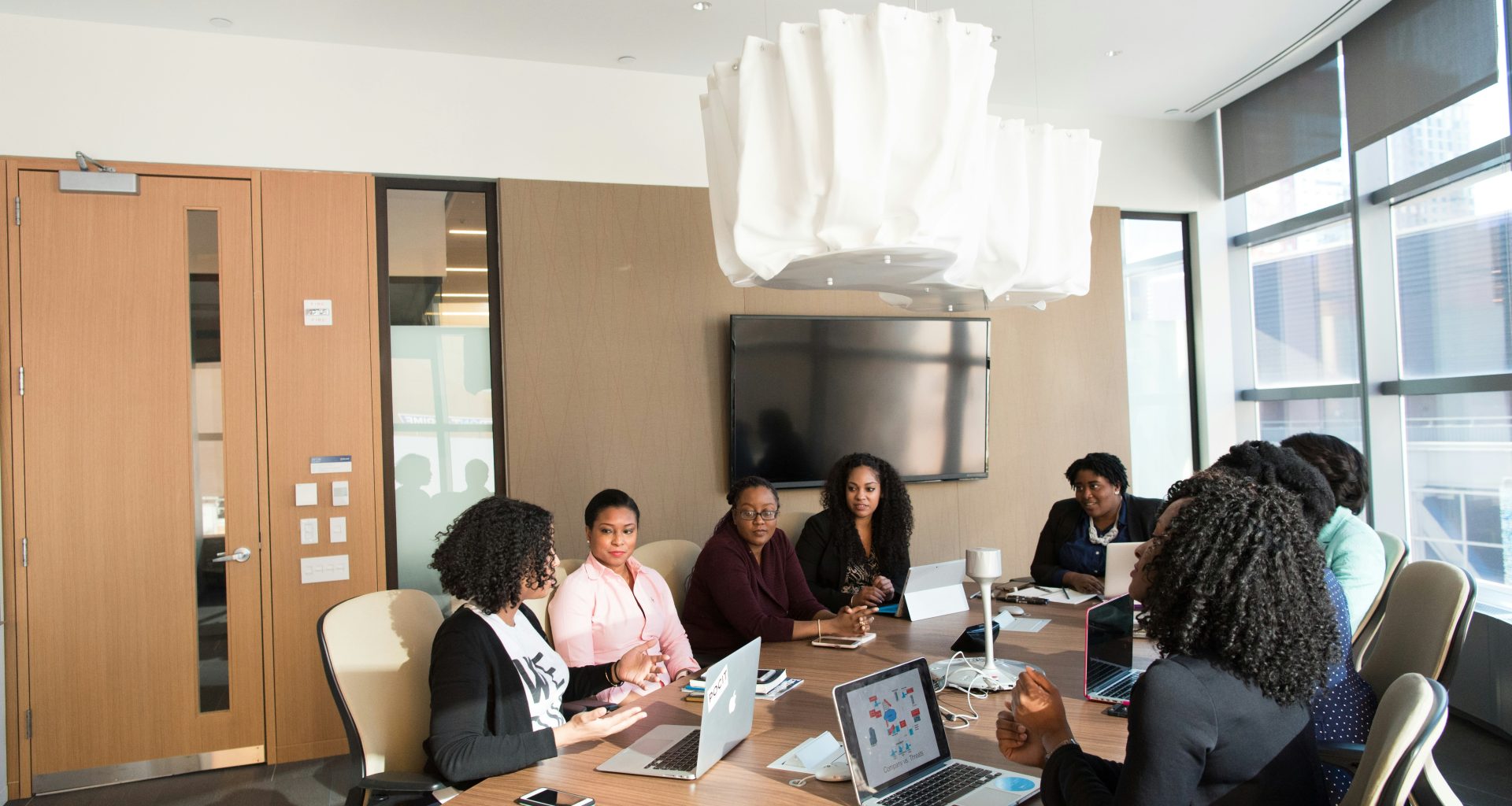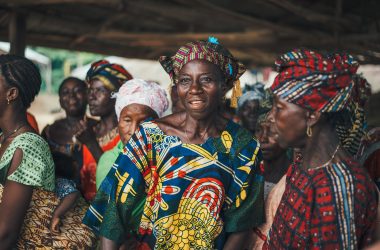What challenges do women face when seeking leadership roles?
Over the years, women in Nigeria have been faced with a lot of challenges in their quests to attain leadership roles and opportunities; this includes all levels of decision-making in political, economic, and public life. One major deterrent they face is gender discrimination. They are faced with religious, patriarchal, and cultural practices which supports men’s right to power.
Legal discrimination is also a big challenge for women in Nigeria, being victorious in elections and attaining leadership roles are some of the areas in which these women face the most challenges. For instance, women candidates won less than five percent of the 1,487 executive and legislative seats contested during Nigeria’s 2023 general elections.
Despite these challenges, some Nigerian women are rewriting women’s narrative across the globe: setting new standards and forging new paths, for the sole goal of gender equality. Dr. Ngozi Okonjo-Iweala, the Director-General of the World Trade Organization, who has also served as a former Minister of Finance as well as Managing Director with World Bank, is the first woman and African to serve as Director-General, thereby setting new standards for women in Africa; especially Nigeria.
Also, Folorunso Alakija, a billionaire and philanthropist, the Group Managing Director of FCMB (formerly known as Former National Bank of Chicago) and is also the founder and Group Managing Director of The Rose of Sharon group, Famfa Oil which is one of the largest indigenous owned crude oil export companies in Nigeria. She was ranked the richest woman in Nigeria by Forbes, she has made huge contributions to the business world globally. Another Nigerian woman setting new standards is Aisha Yesufu, she is an activist and businesswoman. She is the founder of the #BringBackOurGirls and a prominent frontier of the #ENDSARS movement. In 2020, she was recognized by the BBC’s 100 Women and by New African magazine as one of the Top 100 Most Influential Africans. These and many other Nigerian women are keen on breaking the barrier limiting women from attaining leadership roles and emerging successful career-wise.
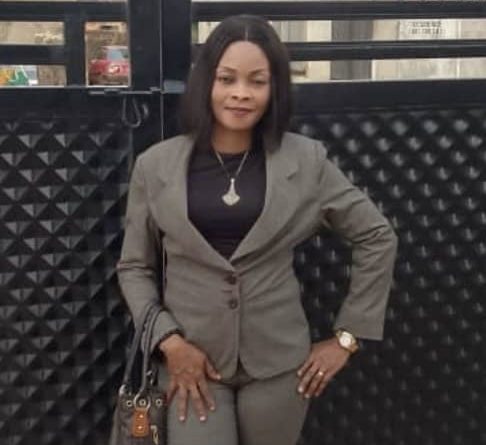
Honorable Iyoha, a Councilor in Oredo Local government area, Edo State, Nigeria says women are getting more enlightened and are actively participating in politics and leadership roles. She agrees that in Nigeria, women tend to face constant harassment from male folks, and she hopes that this doesn’t discourage them from chasing their dreams or pursuing their goals. According to her, the theme for International Women’s Day 2024 ‘Inspire Inclusion’ is: “a perfect theme because it is time for women to come out and change the narrative”. She advises women with big dreams and goals to always believe in themselves and strive to reach it always.
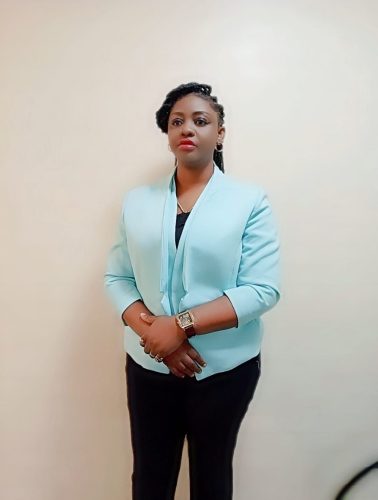
A Student Union vice-president aspirant for education in Bournemouth University, Aramide Ogunjinrin, says: “Women participating actively in politics is not only important but necessary for achieving diverse perceptions, inclusive decision making and balanced representation in the society. Gender should not be a barrier to leadership, we should all have equal opportunities.
“Based on my political experience, I think one of the challenges women faces is gender bias from men in their capabilities and leadership style. Also, balancing their careers or political aspirations with family responsibilities can be very challenging for women. I would like to be a role model to women because I believe I can motivate and inspire them to pursue their goals. The theme for IWD 2024 ‘Inspire Inclusion’ is meant to reflect current global issues and prioritize women empowerment, gender equality and social justice. It serves as a rally point and advocacy for gender equality and social justice.
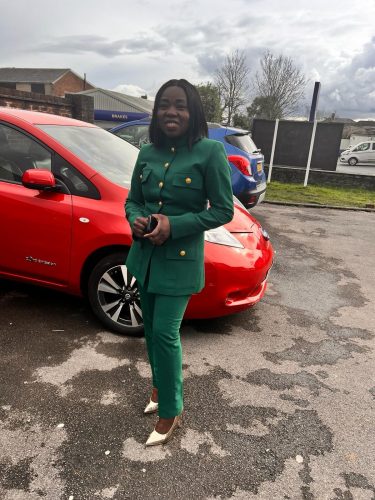
Olawunmi Toriola, a Nigerian and business analyst feels women should be involved actively in leadership roles because they have been undermined for a very longtime. According to Olawunmi, “Men always feel superior to us in all career levels, they feel we are hindered by different factors like pregnancy and family responsibilities which limits us from excelling career-wise. Despite these narratives, we would make sure to be involved in attaining leadership roles. We won’t settle for less, we will continue to strive for more and be involved in decisions making whether at our workplaces, in school or at home as mothers.”

“Well, I think it is good for women to be actively involved in leadership roles because there are a lot of women who possess good leadership qualities. Although there are a lot of limitations attached to women striving for more in Nigeria, like cultural factors. However, I feel women tend to perform better than their male counterparts when involved in leadership. I am greatly inspired to do more in my career path by some Nigerian women, these women are doing well for themselves. Some of them are in political positions and are recognized worldwide, the likes of Dr. Okonjo Iweala and Daisy Danjuma are women leading tremendously.” says Ekhator Joy, a Senior Nurse at University of Benin Teaching Hospital, Benin City, Nigeria.
“I feel the theme ‘Inspire Inclusion’ is justifiable, this is because it indicates the need for women to be included in leadership roles in all sectors. We need to be more involved and carried along in decision-making. My advice for women all over the world is to be involved in leadership, be goal-setters, never back down and always push to achieve more.” She added.

Oluwatobi-Neri Abodunrin, a social worker and a pilot in training from Kwara State, Nigeria believes women participating actively in leadership is going to pave way for them. She feels women are more compassionate and have skills in mothering and they can provide guidance or act as role models for young females who aspire to lead politically, economically or in public life.
”In her words, “Women face a lot of challenges when striving to reach the top in life, but I will focus on the common ideology which states that women who are not married cannot lead or have a say in leadership. People fail to understand that unmarried women have less distractions and are more focused in whatever they put their mind to. It is quite hurtful that in the society today the success of most women is attributed to men, this is a very wrong narrative because women work so hard to achieve their career-goals; especially women who venture into male dominated areas like Engineering, Piloting and politics.”

“She said: “Alot of young women are facing harsh challenges just to reach the top, they feel unloved and rejected. They give out so much love and get none in return, the theme for IWD 2024 is indeed a good one because it challenges women in leading positions to be impactful in the lives of the younger generation. Also, fathers should show more love to their female children, so they don’t get to feel unloved in the outside world.”
“I would advise women aiming for more in life to be real, be true to themselves. Women in leadership positions should include the younger generation as much as possible,” she added.





